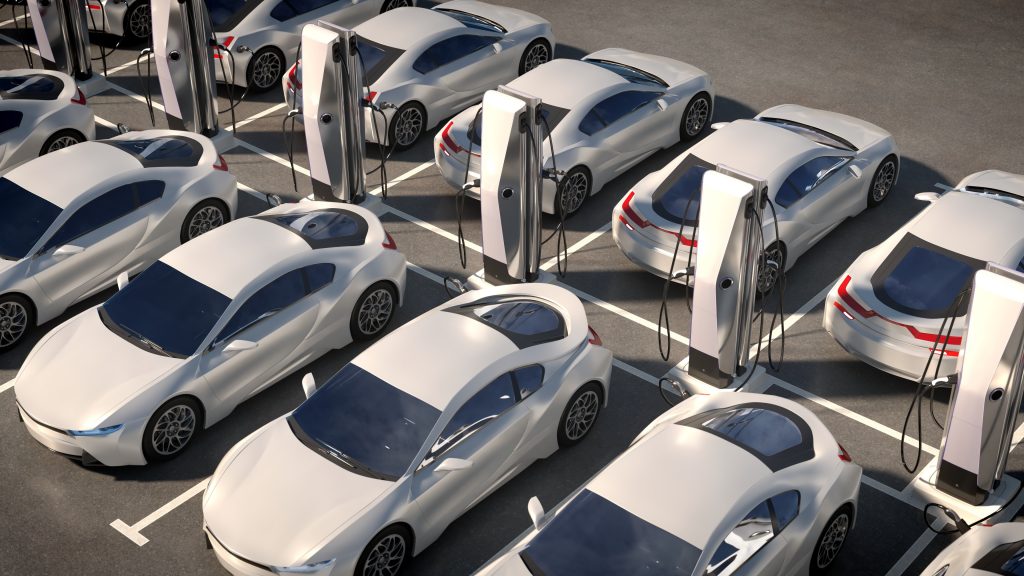
This image is licenced under Adobe Stock. Please refrain from using it without proper permission.
As concerns about climate change and environmental damage mount, the transition towards electric vehicles is becoming more urgent. Fortunately, several nations are recognizing the imperative to shift towards more sustainable transportation.
Norway
Norway is often hailed as the poster child for EV adoption. The Norwegian government has provided generous incentives for EV buyers, such as exemptions from import taxes, road tolls, and even tunnel fees. As a result, EVs in Norway have grown exponentially, with more than half of all new cars sold being electric. The country aims to ensure that all new cars by 2025 are zero-emission vehicles.
China
China is not only the world’s largest automotive market but also the biggest market for electric cars. To tackle their severe air pollution problems and reduce dependence on imported oil, the Chinese government has rolled out substantial incentives for EV buyers and manufacturers. Additionally, China hosts some of the largest EV manufacturers globally, like BYD and NIO, underscoring its dominant position in the industry.
The Netherlands
The Netherlands has consistently promoted green initiatives, and the EV sector is no exception. Dutch cities suffer from high levels of air pollution due to their dense populations and heavy traffic, leading to a push towards electric vehicles. The government has proposed bans on new petrol and diesel cars by 2030. While large cities like Amsterdam also offer extra incentives like free charging and parking for EV owners.
United Kingdom
The UK government has been proactive in pushing for electric vehicle adoption. They have proposed bringing forward the ban on new petrol, diesel, and hybrid cars from 2040 to 2035 or even earlier. The UK has also seen a consistent rise in the infrastructure supporting EVs, with a growing network of charging stations across the country. However, uncertainty with the current government consistently delaying their targets is making it difficult for infrastructure to be built with no target to reach.
While these countries are driving the electric vehicle movement, global EV adoption is a collective endeavour. The move to EVs isn’t just about reducing greenhouse gas emissions; it’s also about decreasing air pollution, promoting technological innovation, and moving towards energy independence. Something that is difficult to achieve when many countries refuse to strive towards EV dependence, with a lack of investment in infrastructure and government initiatives.
